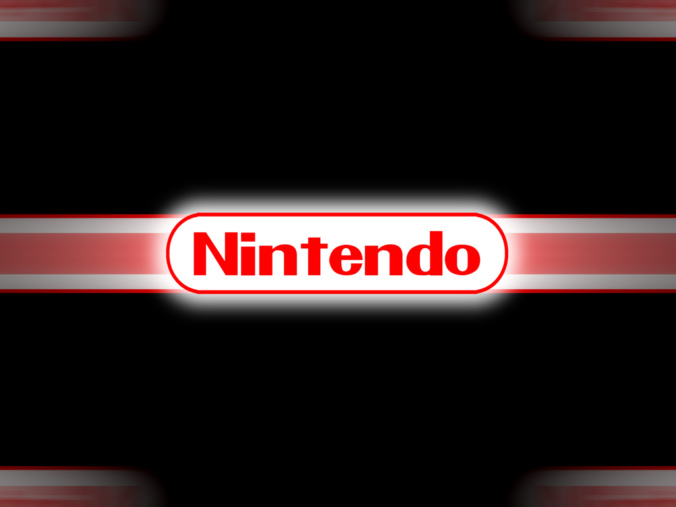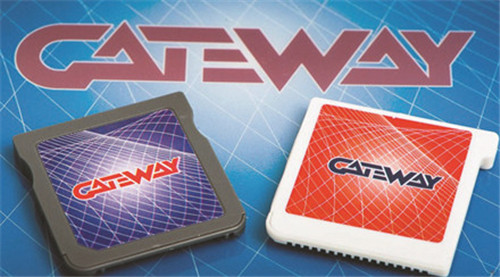
Nintendo is notorious for the no nonsense crack down on any brand using their Copyright in any way, shape or form. This goes for videos on YouTube to pirated games on their consoles. Some of the company’s Copyright enforcement seem a bit harsh, but others are justified. You can decide for yourself what you think about this latest case, but here are the details.
The latest copyright case went down in Canada where Nintendo accused Go Cyber Shipping (GCS) and its founder, Jeramie King, of illegally selling 3DS flashcarts, modchips and other piracy-oriented tools. This is the first case of its kind, testing the Canadian Copyright Act’s anti-circumvention measures. The law basically runs parallel to the Digital Millennium Copyright Act in the US.
GCS did try to claim, support for homebrew games made the sales acceptable. However according to the decision by the Canadian courts, there’s a legal way to write games for the 3DS. GCS’s sales of bootleg material far outweighed any homebrew uses. GCS will be ordered to pay Nintendo $12.76 million Canadian ($9.5 million US) in damages along with a formal apology on its website.

Here at Gigamax we recently just experienced our first run in with Nintendo as a legal entity. Our latest Let’s Play, The Legend of Zelda: Breath of the Wild was flagged on YouTube for Copyright infringement. Monetization was turned off, but no strike was issued and no penalty was handed out. So it seems as though Nintendo didn’t really give us any trouble, it ultimately is their game after all. But, to see that the video is owned by “NintendoJP” is a little disheartening. Putting hours of work into a video just for it to get claimed by another company can feel like a punch in the gut. However, in the grand scheme of things it’s not the end all be all and we learned a lesson. We’ll count that as a win.
GCS’s latest copyright case with Nintendo stands as an example of both the benefits and pitfalls of these anti-circumvention laws. Furthermore, seeing how Nintendo handles a small entity such as Gigamax it’s a but conflicting. Are they just money hungry, attempting to monopolise their ancient I.P’s? Or are they trying to protect an idea that the company holds close to their heart and in the competitive industry, trying to protect what little(not so little) they have? Let us know what you think in the comments section below or on Facebook and Twitter!